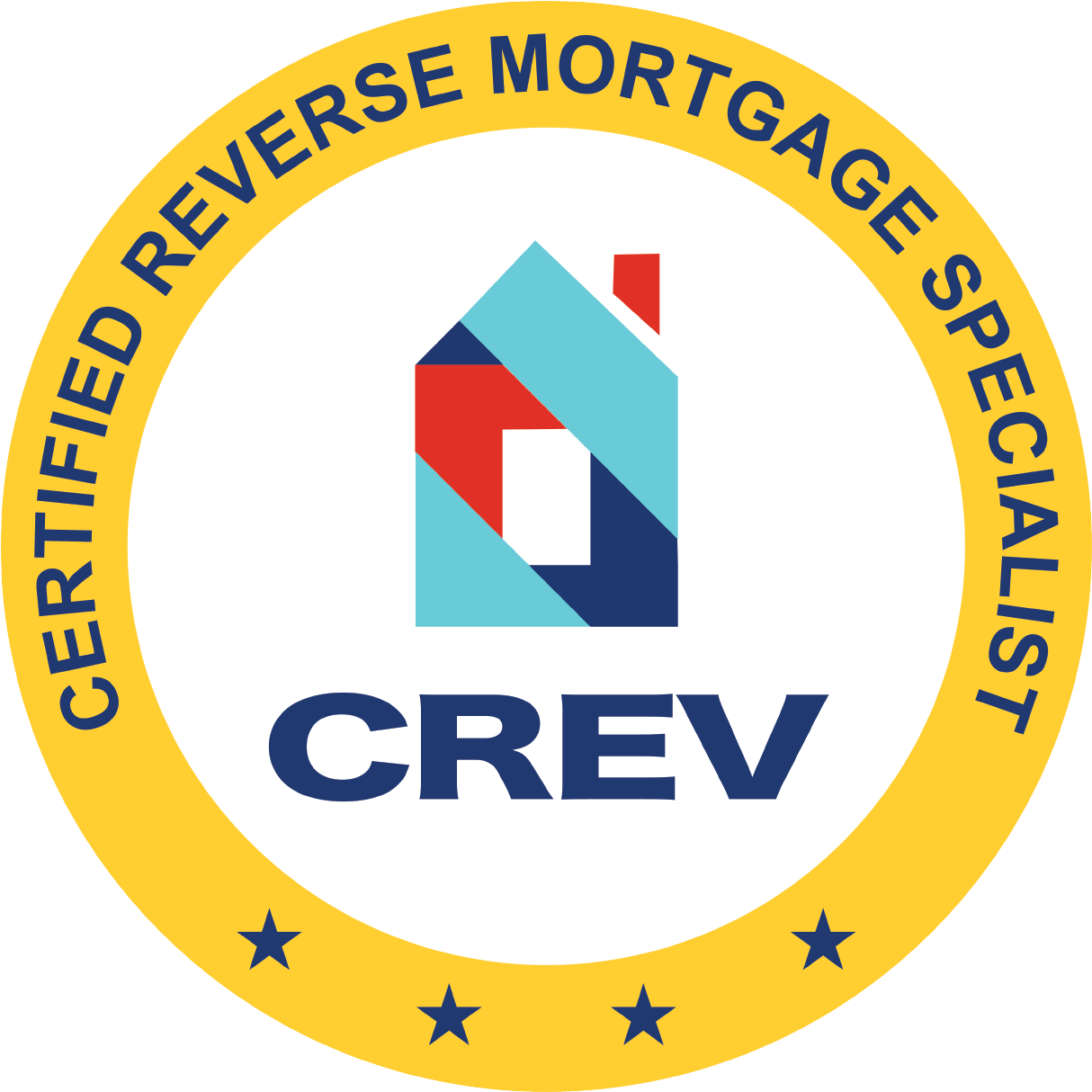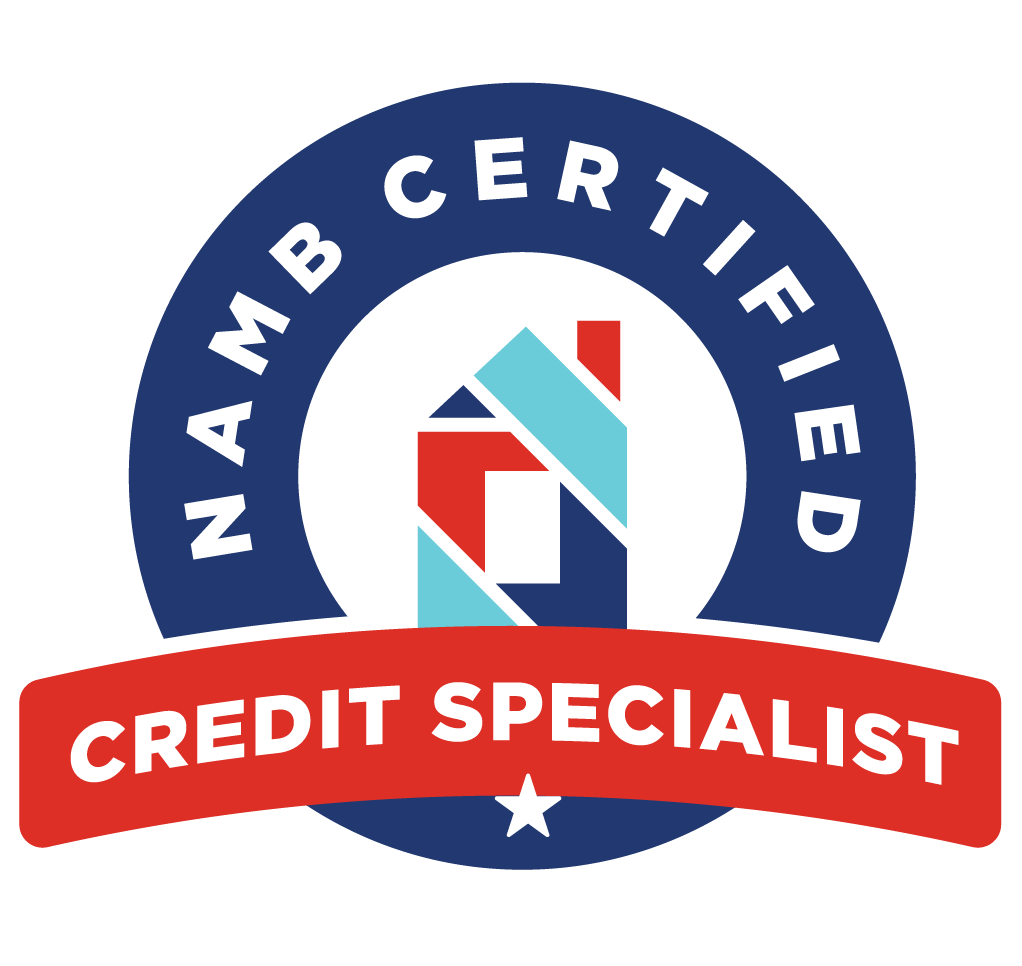Refinance Your Mortgage with a Team of Loan Experts
For all your mortgage needs, from weighing your options to starting on the refinancing process, the trusted team at 1st Georgia Home Mortgage will help. By working with 1st Georgia Home Mortgage, you gain access to an experienced mortgage professional who will aid you in figuring out when it’s the right time to refinance, search through and pick out the best type of refinancing loan options, and answer all of your questions regarding your refinanced mortgage. Call our team today at 770-606-1066 to get started!
What Does it Mean to Refinance a Mortgage?
Refinancing a mortgage is the process of receiving better rates and lower payments on your current mortgage by taking out a new loan. Your new mortgage loan will have better conditions and leverage positively in the market. Our team at 1st Georgia Home Mortgage customizes your new loan to fit your financial needs and goals to help you achieve things like”
- Lower Monthly Payments
- Shorter Loan Terms
- Consolidated Debt
- Greater Financial Stability
- Adjustable To Fixed-Rate Loan Conversions
- Home Enhancements & Renovations
- Removal Of Private Mortgage Insurance Premiums
- & More!
Types of Mortgage Refinancing
- Traditional refinance
- Cash-out refinance
- Government refinance loans
- FHA Streamline
- Home Affordable Refinance Program (HARP)
- VA Interest Rate Reduction Refinance Loan (IRRRL)
Find the right loan to refinance your mortgage with by calling our team at 770-606-1066 today.
browse our website
contact information
Phone:
+1 770-606-1066
Email: maurni@1stghm.com
Address: 6 Maybelle Street, Cartersville, GA, 30120, US
Business Hours:
- Mon - Fri
- -
- Sat - Sun
- Closed
By Appointment Only
NMLS # 186439
Georgia Residential Mortgage Licensee # 24144



